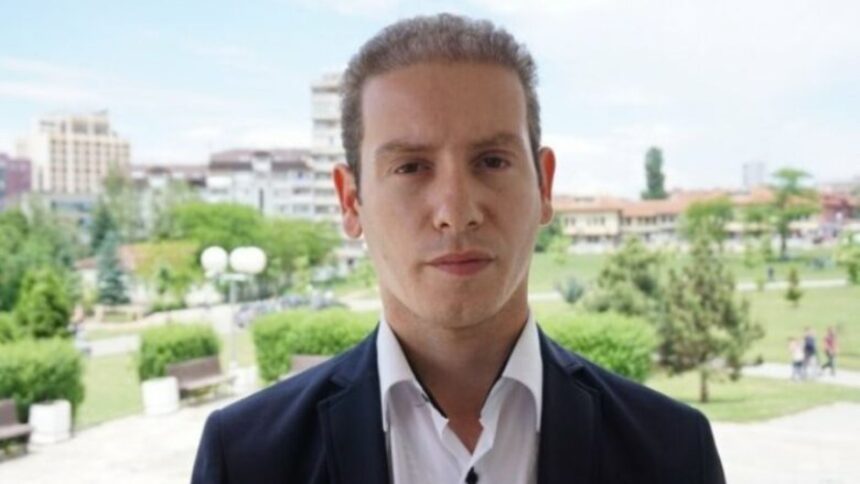Gurakuç Kuçi, from the Octopus Institute, has criticized the Serbian government’s decision to provide financial aid to individuals arrested in Kosovo under suspicion of committing war crimes during the 1998–1999 Kosovo conflict. He compared this move to Russia’s policies after the annexation of Crimea in 2014.
In a Facebook post, Kuçi highlighted that the Serbian government has approved a financial aid package of 2,559 euros (300,000 dinars) for each individual arrested in Kosovo under suspicion of war crimes.
“This unprecedented act in modern international relations represents a flagrant example of state support for individuals accused of serious international crimes. Politically and legally, this policy mirrors Russia’s practices after the annexation of Crimea, where Russia funded defense and offered assistance to individuals accused of crimes on Ukrainian territory, labeling them as ‘politically persecuted’,” Kuçi stated.
By refusing to investigate or prosecute those responsible for war crimes and terrorist attacks against Kosovo, Kuçi argued that Serbia is not only undermining its international obligations but also actively promoting a culture of impunity.
“Financial support for individuals accused of war crimes is not only an act of non-cooperation with international justice, but it directly challenges the fundamental principles of the international legal order,” Kuçi added.
He further pointed out that Serbia’s actions violate the 1948 Genocide Convention, which obliges states to prevent and punish perpetrators of the most serious crimes against humanity, the Rome Statute of the International Criminal Court (1998), and UN Security Council Resolution 1244.
According to Kuçi, while Serbia publicly claims to support international law, in practice, it sabotages justice processes and shields individuals suspected of serious crimes. He sees this as evidence of Serbia’s ideological and political continuity with the Slobodan Milošević regime.
Kuçi concluded that Serbia poses a serious threat to peace, security, and justice in the Western Balkans, fostering new inter-ethnic tensions and undermining international efforts for reconciliation and the rule of law in Kosovo.
“Serbia positions itself as a factor of instability, not as a contributor to international peace and stability, clearly demonstrating the inconsistency between its diplomatic discourse and its concrete actions on the ground,” he concluded.







